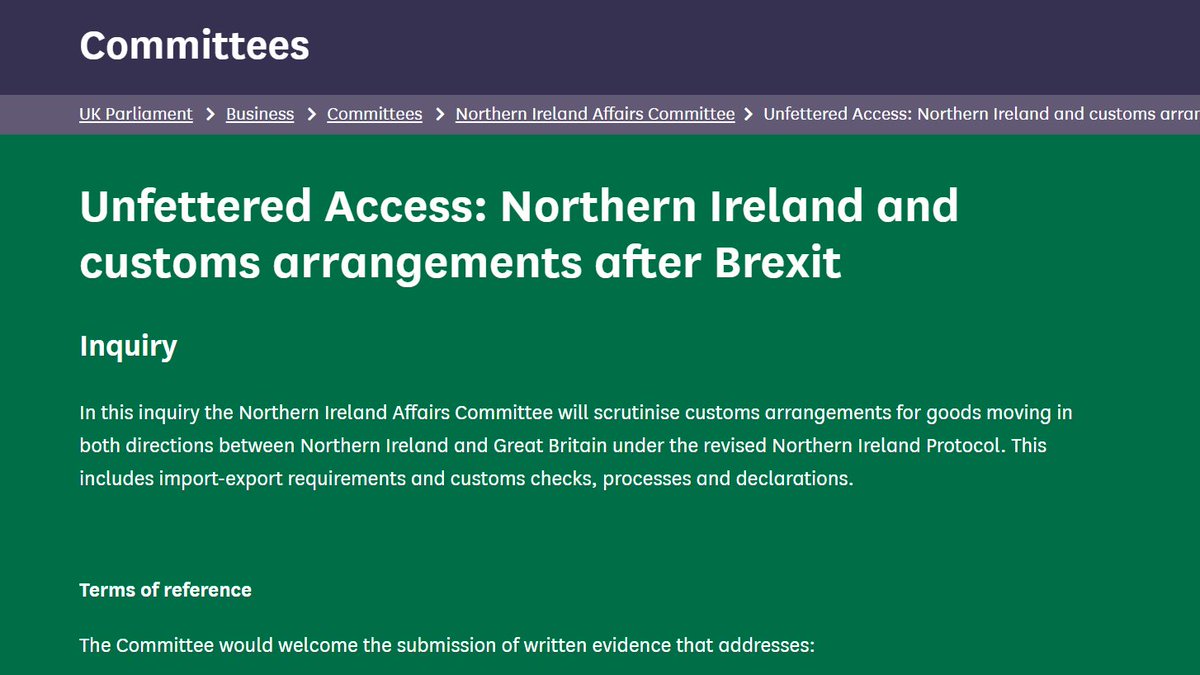
OK let's look at this for a second. Shall we? In simple terms, well 1st neither of the countries Daniel mentions has a land border with the EU or are in direct competition on fisheries. Neither of those agreements was breaking ties then trying to rebind without standards etc. 1/7
https://twitter.com/DanielJHannan/status/1335319715129028610
Secondly we have the whole piece of geography and trade gravity and how EU-UK trades more goods with each other than the other two countries combined do with the EU. So any changes which unduly affect either side are a big game changers. That's why they are both digging in 2/7
Then there is time. EU-Japan started making moves 18 yrs ago.
Mutual Recognition Agreement 2002, Anti-competitive Activities Agreement, Science & Technology Agreement 2009, etc etc & it STILL took 4 years to get an FTA agreed & implemented for a lot less trade 3/7
Mutual Recognition Agreement 2002, Anti-competitive Activities Agreement, Science & Technology Agreement 2009, etc etc & it STILL took 4 years to get an FTA agreed & implemented for a lot less trade 3/7
Again with South Korea. 1st Agreement Mutual Administrative Assistance signed in 97. Framework Agreement on Trade and Co-operation 2001. The EU-SK FTA negotiations started in 2007 & it wasn't fully implemented until 13 Dec 2015! Even provisional implementation took 4 years! 4/7
So if it takes years to do a full trade agreement no wonder it hasn't been easy bearing in mind we couldn't start negotiations fully with EU or anyone else until AFTER the Withdrawal Agreement that was only last Oct and passed in January. 5/7
And yes we were members of the EU so a lot of things are the same like standards but things like tariffs, governance, recognition etc are trade fundamentals and aren't just copy and paste, nor is that what either side want. 6/7
So this has nothing to do with the emotive clap trap the author uses about the EU seeing the UK as a renegade province & everything to do with the complexity of trade negotiations and the lack of time available. Either way for biz and households in NI & GB #WeNeedADeal 7/Ends
• • •
Missing some Tweet in this thread? You can try to
force a refresh




